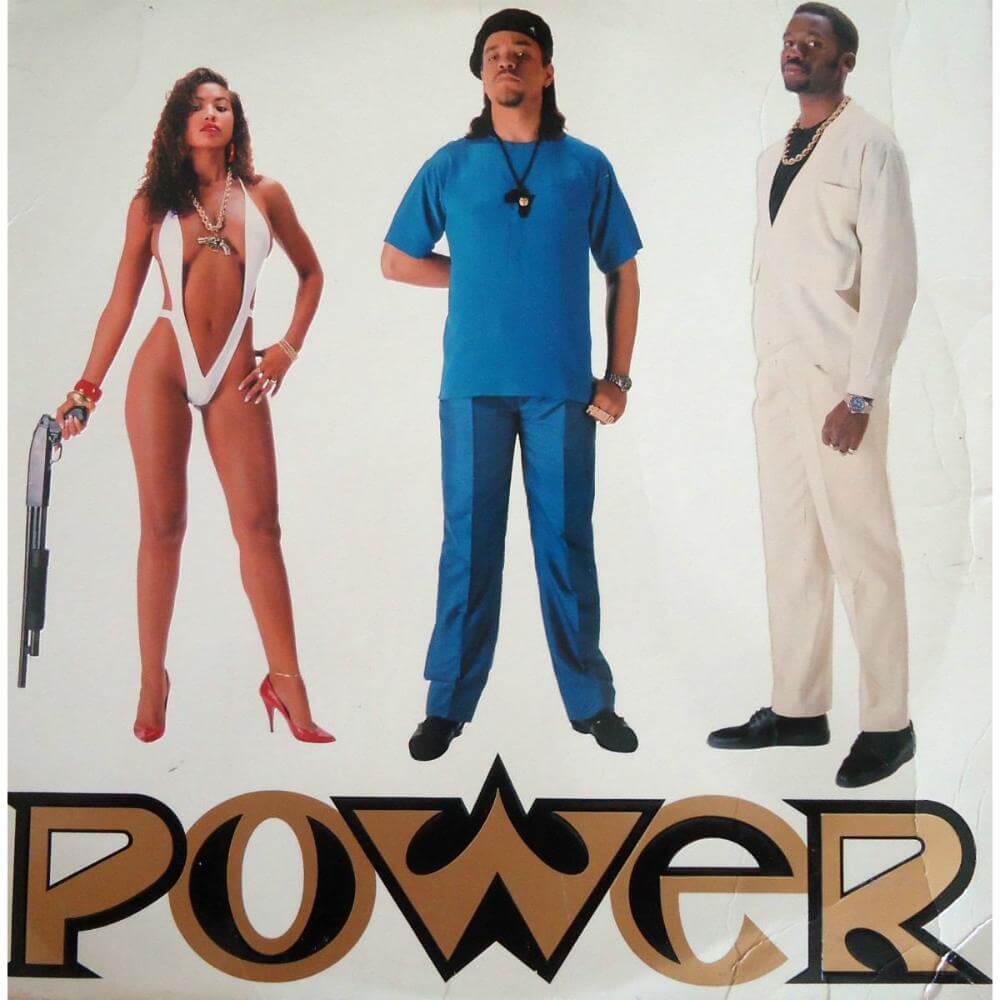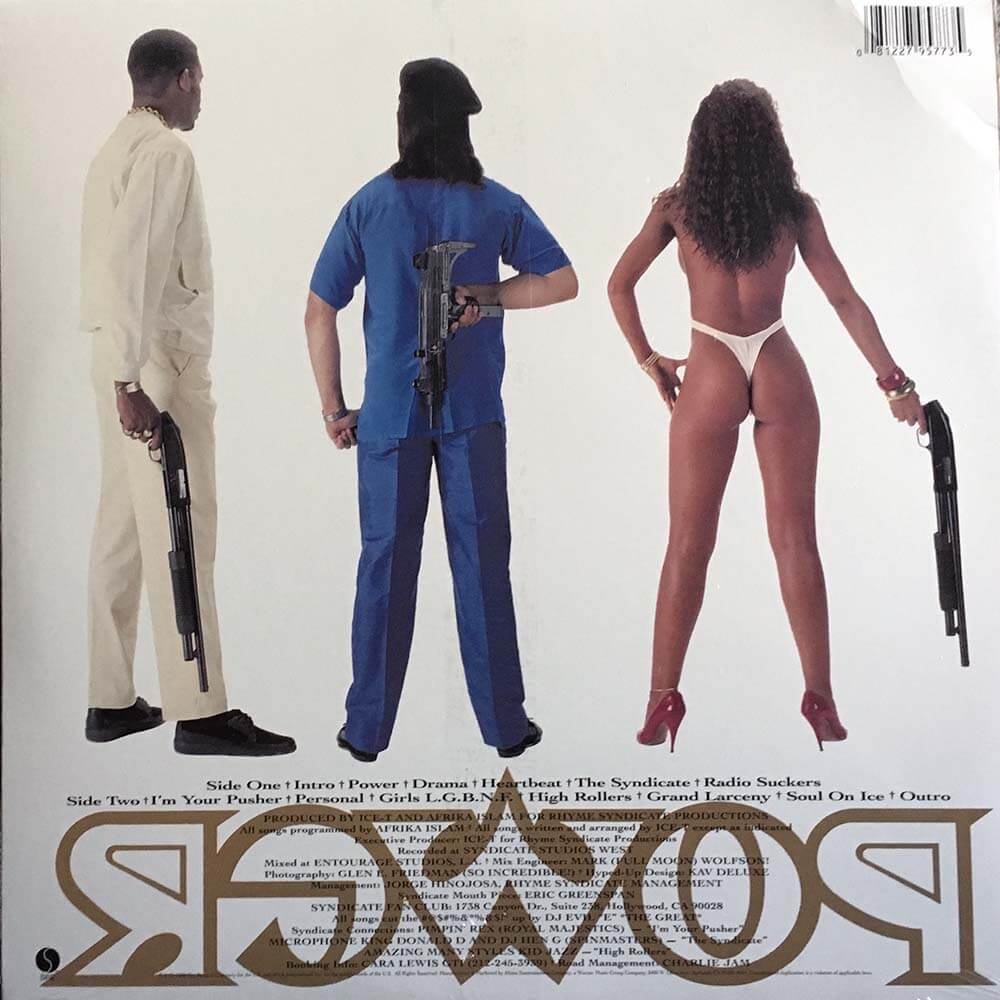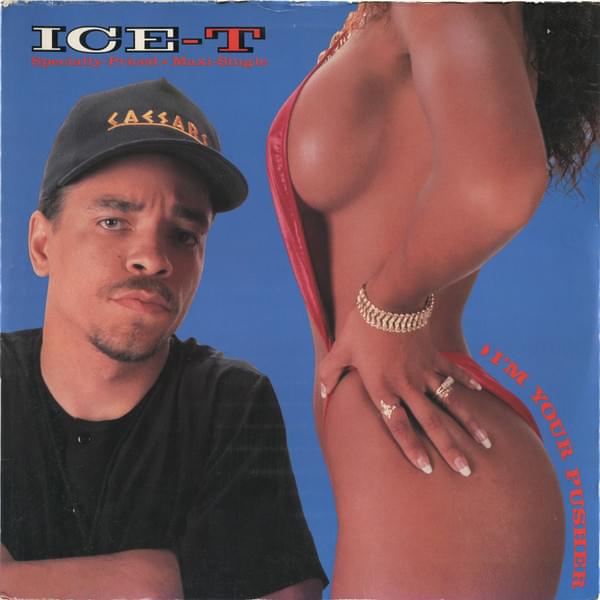
Power is the sophomore album by Ice-T, released in 1988. Born Tracy Lauren Marrow, Ice-T was raised in South Los Angeles and became involved in gang activity at a young age. He eventually turned to music, using his experiences in the streets to create socially conscious and politically charged Hip Hop. Ice-T’s debut album, Rhyme Pays, was released in 1987 and was a commercial and critical success. However, it was Power that solidified Ice-T’s status as a force to be reckoned with in the world of Hip Hop.
Power showcased Ice-T’s unique style and his ability to merge social commentary with hardcore gangster rap. His lyrics often touched on issues such as police brutality, racial inequality, urban violence, and sex. This made his music controversial but also gave it a sense of urgency and authenticity. Power helped solidify Ice-T’s status as one of the most important voices in Hip Hop of the late 80s and early 90s. And while Power was not as commercially successful as some of Ice-T’s later albums, it remains an important part of his discography.
The title track of Ice-T’s “Power” album is a standout example of his ability to merge battle raps with social commentary. The song’s message about power dynamics in society and how they affect different groups of people is still relevant today. “Drama” is the cinematic second song on Power, which paints a vivid picture of the realities of criminal life. The song’s end indicates that Ice-T is not necessarily glorifying the lifestyle.
Other standouts include “Radio Suckers”, which is a scathing critique of the commercialization and censorship of rap music by the mainstream media; “High Rollers”, a slick, uptempo track that paint a vivid picture of the glamorous world of wealth and privilege and affinity for the high life but with a warning included; and “Personal”, a hard-hitting track where Ice-T uses an aggressive style to verbally attack other rappers and reporters: “I ain’t no child, punk, you’ll get sprayed / Illin’ on a mega-villain / You must want a pine box to go chill in / Buried deep, creep, no one will weep / ‘Cause the next night with your b**** I’ll sleep…”
The absolute highlight is “I’m Your Pusher / Pusherman”. In “I’m Your Pusher” Ice-T uses drugs as a metaphor for the addictive nature of Hip Hop music, and the song is built around the bassline of Curtis Mayfield’s classic “Pusherman” song (1972). Ice-T repurposes Mayfield’s chorus to create a clever new narrative that simultaneously serves as a love letter to Hip Hop and a warning to users of actual drugs.
One of the most iconic aspects of Power had nothing to do with its musical content but everything with its album cover, which features Ice-T holding (and hiding, as can be seen on the back cover) an automatic gun, with his girlfriend at the time, Darlene Ortiz, standing next to him in a skimpy bathing suit holding a shotgun in full view. The cover sparked controversy and outrage at the time of its release, with some accusing Ice-T of promoting violence and misogyny. However, Ice-T defended the cover, stating that it was a representation of the power that he and Darlene had attained in the rap world at that time.
Power by Ice-T is a landmark album in the history of rap music. Ice-T’s unique blend of gangsta rap and social commentary created a sound that was both controversial and influential. The album’s iconic cover art and memorable tracks like “Power” and “I’m Your Pusher” ensure this album is a timeless classic and one of Ice-T’s best.


I remember Her!, from Crenshaw High School.., that is Darlene right!.., Deeeeezzzaaaaaaamn…